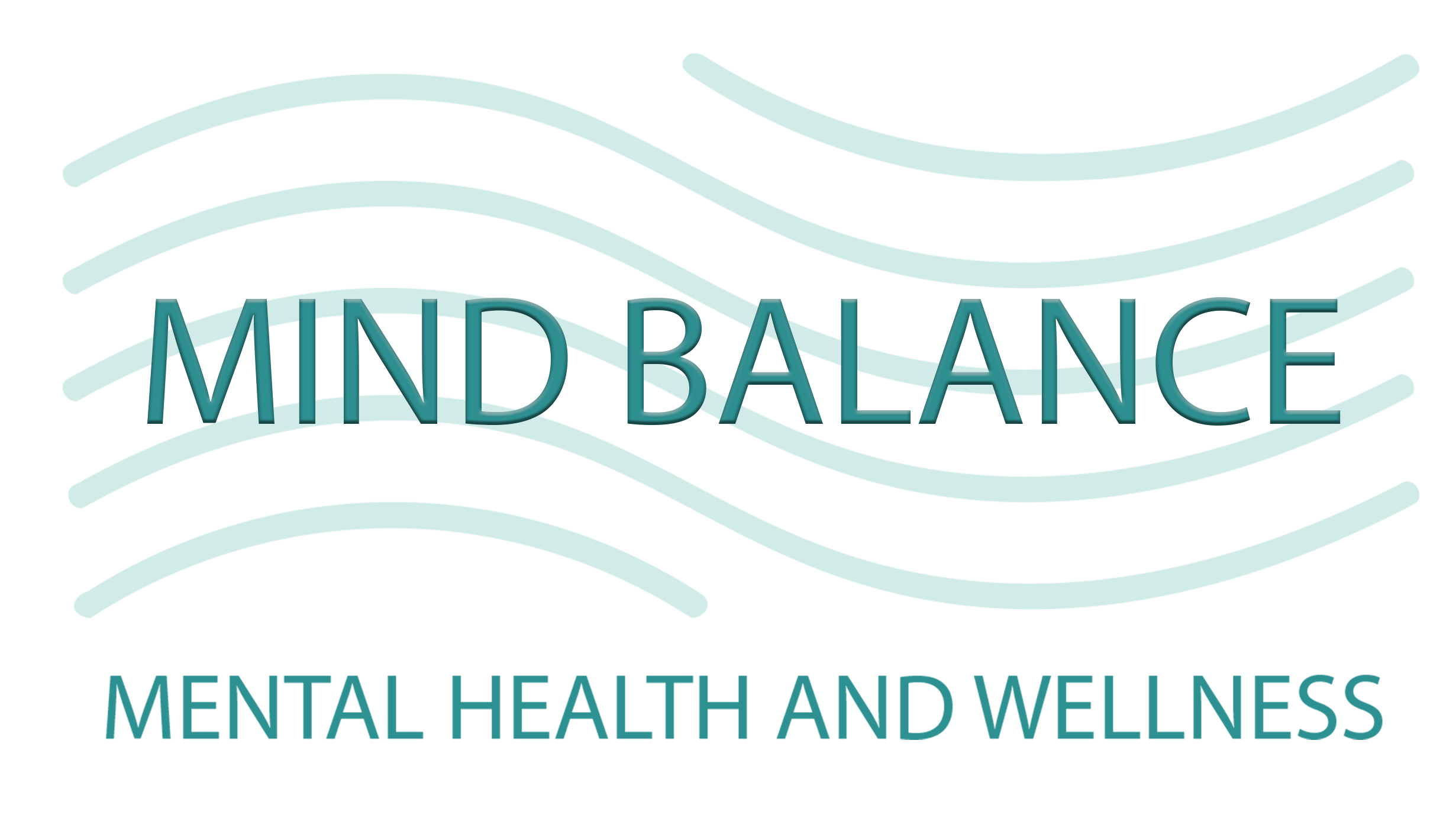Getting the Right Mental Health Help
Taking care of your mental health is a big deal. Finding the right mental health services can make a world of difference. Knowing why mental health treatment matters and who can help you is key to making smart choices about your care.
Why Mental Health Treatment Matters
Mental health treatment is a game-changer for dealing with issues like depression, anxiety, and bipolar disorder. These conditions can mess with your thoughts, feelings, and actions, making life tough. But here’s the good news: mental health problems are common and treatable. Getting help isn’t a sign of weakness; it’s a smart move towards feeling better.
When you get mental health treatment, you’re in a safe space with pros who get what you’re going through. They help you figure out what’s going on and how to handle it. Therapy, counseling, and other proven methods can help you cope, understand your emotions, and make positive changes. Everyone’s different, so your treatment should fit your unique needs.
Who Can Help You
Mental health care involves a team of experts, each with their own specialty. Here’s a quick rundown of who might be on your team:
- Counselors: These folks, like LPCs or LMHCs, offer therapy and counseling. They help you dig into your feelings and thoughts to find healthier ways to cope.
- Psychologists: With advanced degrees, psychologists provide therapy, counseling, and assessments. They might focus on clinical psychology, counseling psychology, or neuropsychology.
- Psychiatrists: These are medical doctors who diagnose and treat mental health disorders. They can prescribe meds, offer therapy, and guide you on managing your condition.
- Nurses and Mental Health Aides: They work with other pros to support your treatment, help with meds, and provide general care.
- Peer Support Professionals: These are people who’ve been through mental health challenges themselves. They offer support and understanding from their own experiences.
Your treatment team might look different depending on what you need and where you’re getting help. For serious cases, you might need to stay in a hospital for close monitoring and emergency care (PsychGuides). If your symptoms are less severe, outpatient treatment lets you get help without living at a treatment center. Check out our articles on depression treatment, anxiety treatment, bipolar disorder treatment, ADHD treatment, OCD treatment, and more for more info.
Understanding why mental health treatment is important and knowing who can help you is a big step towards better mental health. Remember, asking for help shows strength, and there are plenty of resources to support you on your journey to feeling better.
Mental Health Treatment Options
When you’re looking into mental health treatment, it’s good to know there are different paths you can take, depending on what you need. Let’s break down three popular options: inpatient vs. outpatient treatment, dual diagnosis treatment, and evidence-based therapies.
Inpatient vs. Outpatient Treatment
Inpatient treatment means staying at a facility 24/7. It’s like a mental health boot camp where you get constant care and support from a team of professionals. This setup is great if you need round-the-clock supervision or if your symptoms are severe and haven’t improved with outpatient care (PsychGuides). You get a structured environment and continuous monitoring to help you get better.
Outpatient treatment, on the other hand, lets you live at home while getting help. It’s perfect if your symptoms are milder and you don’t need constant supervision. You can go to therapy sessions or appointments and still keep up with your daily life. Outpatient care can include one-on-one therapy, group sessions, medication management, and other treatments based on what you need.
Dual Diagnosis Treatment
Dual diagnosis treatment is for folks dealing with both a mental health issue and an addiction. This approach tackles both problems at the same time, recognizing that they often go hand-in-hand. The goal is to give you the best shot at recovery by addressing both issues together. Treatment usually involves therapy, medication, support groups, and other proven methods tailored to your needs (PsychGuides).
Evidence-Based Therapies
Evidence-based therapies are treatments backed by solid research. They’ve been proven to help people manage and overcome mental health challenges. Two popular types are Cognitive-Behavioral Therapy (CBT) and Dialectical Behavior Therapy (DBT).
Cognitive-Behavioral Therapy (CBT) is all about changing negative thought patterns and behaviors. It’s been shown to be super effective for things like depression and anxiety. CBT helps you develop skills to challenge negative thinking, manage stress, and improve how you cope with life’s ups and downs.
Dialectical Behavior Therapy (DBT), created by Marsha Linehan, focuses on managing emotions, handling stress, improving relationships, and being mindful. Originally for borderline personality disorder, DBT now helps with mood disorders, eating disorders, and PTSD. It teaches you to accept yourself while also working on change, helping you deal with intense emotions and improve your relationships.
When you’re looking for mental health treatment, it’s key to talk to a professional who can figure out what you need and suggest the best options. Treatment might include a mix of therapies, medication, and other methods to tackle your unique challenges. Remember, everyone’s mental health journey is different, and finding the right treatment is a personal process.
Breaking the Mental Health Stigma
Mental health is a big deal, but talking about it can feel like walking on eggshells. The stigma around mental health often stops people from getting the help they need. Let’s change that and make seeking help as normal as getting a check-up.
Spotting Mental Health Issues
Conditions like depression, anxiety, and bipolar disorder can mess with your head, heart, and actions. Knowing the signs can help you or someone you care about get the support needed. Look out for:
- Feeling down or hopeless all the time
- Constant worry or anxiety
- Changes in sleep, appetite, or energy
- Trouble focusing or making choices
- Avoiding friends and social activities
- Thoughts of self-harm or suicide
If these sound familiar, it’s time to reach out. Behavioral health services can offer the support and guidance needed to tackle these challenges.
Busting the Stigma Around Getting Help
One of the biggest hurdles to getting mental health support is the stigma. People often feel embarrassed or scared of being judged. But here’s the thing: mental illness is just part of being human, and asking for help shows strength, not weakness.
Education and awareness are game-changers here. By talking openly about mental health and sharing our stories, we can break down the walls of misunderstanding.
Healthcare pros, teachers, and organizations are on the front lines, fighting this stigma. They’re spreading the word about mental health and offering resources to those in need. By normalizing mental health care, we can build a more supportive and understanding community.
Remember, mental health matters just as much as physical health. If you or someone you know is struggling, don’t wait to get help. With the right support, anyone can lead a happy, meaningful life. Let’s work together to break the stigma and embrace the benefits of mental health services.
For more info on specific mental health conditions and treatment options, check out our articles on depression treatment, anxiety treatment, bipolar disorder treatment, ADHD treatment, OCD treatment, and more.
Global Perspectives on Mental Health
Mental health isn’t just a local issue; it’s a worldwide concern. Understanding how mental health conditions affect people globally and recognizing the gaps in care across different regions can help us make a difference.
Mental Health Statistics Worldwide
Mental health issues are everywhere. According to a study, about 450 million people around the world deal with mental or behavioral disorders, including problems related to alcohol and drug abuse. That’s a huge number, showing just how widespread these issues are.
In the U.S., more than one in five adults—around 52.9 million people—experienced a mental illness in 2020. This highlights how common mental health issues are in the country.
Disparities in Mental Health Care
Even though mental health conditions are common, the resources to treat them are often lacking. Only 72% of countries have a budget specifically for mental health, and of those, 36.3% spend less than 1% of their total health budget on it.
The availability of mental health resources varies widely. For instance, the number of psychiatric beds per 10,000 people ranges from 0.33 in South-East Asia to 8.7 in Europe. Europe also has the highest number of psychiatrists and psychiatric nurses per 100,000 people compared to other regions.
Specialized mental health programs are also unevenly distributed. About 60% of countries have programs for children, and 48% have programs for the elderly. Non-governmental organizations are active in mental health in 88% of countries, but 27% of countries lack mental health monitoring systems.
These gaps in mental health care access and resources show why it’s important to raise awareness, push for more funding, and develop strategies to provide fair mental health services globally.
Understanding the global perspective on mental health and the challenges faced in different regions is key to working towards a future where mental health care is available to everyone.
Barriers to Mental Health Care
Getting mental health care can be tough. Money issues and not enough mental health pros are big hurdles. These problems can stop people from getting the help they need, leading to poor or spotty treatment.
Money Problems
One big roadblock is the cost of treatment. Even though the Affordable Care Act says insurance has to cover mental health care, money still gets in the way. A survey found that 30% of adults who felt they needed mental health services didn’t get them because their insurance didn’t cover it or didn’t pay enough (AAMC Research Institute).
Costs like copays and deductibles can pile up and become a heavy load. These costs might make people think twice about getting help or limit how often they go. This means they might not get the steady and full treatment they need to feel better.
Not Enough Mental Health Pros
Another big problem is there aren’t enough mental health professionals. In the U.S., about 149 million people live in areas where there aren’t enough mental health pros (Bonterra). This is true in both cities and the countryside, leading to long waits and limited services.
This shortage means people can’t get help quickly or keep up with their treatment. They might have to wait a long time for a diagnosis, to start therapy, or to get their meds. The lack of mental health pros is worse than in any other medical field, making it even harder for people to get the help they need.
To fix these problems, there are efforts to make mental health care more available and affordable. Things like telehealth services (teletherapy and tele-psychiatry) let people get help from home, which helps with the distance issue. Also, more funding and support for mental health programs can help with the shortage of mental health pros and make it easier to get care.
By knowing about these problems and working to fix them, people can start to overcome them and focus on their mental health. It’s important to push for better access and affordability of mental health services so everyone can get the help they need to feel good.
Future of Mental Health Services
Tech is shaking up mental health care, opening new doors for folks looking for support. Let’s break down two big game-changers: tech in mental health care and the rise of digital mental health tools.
Tech in Mental Health Care
The National Institute of Mental Health (NIMH) is all in on tech for mental health. They’ve got their hands in projects that cover everything from cognitive training to symptom tracking (NIMH). Tech is changing how we assess, treat, and manage mental health issues.
One big leap is telehealth. Imagine getting therapy or seeing a psychiatrist without leaving your couch. Telehealth includes teletherapy and tele-psychiatry, making it easier for people to get help, especially if they live far away or have tight schedules (telehealth, teletherapy, tele-psychiatry).
Digital Mental Health Tools
Digital mental health tools, like apps and online platforms, are booming. These tools help with everything from managing meds to learning coping skills to predicting when you might need a mental health check-in (NIMH). They let you keep tabs on your mental health, practice self-care, and learn more about mental health, all on your own time.
But, not all apps are created equal. There’s no national standard for judging how good these mental health apps are, and many lack solid research backing them up (NIMH). So, it’s important to pick tools that are reputable and evidence-based to complement professional care.
While tech is a big deal in mental health’s future, it doesn’t replace the pros. Tech aims to make mental health services more accessible and convenient, but it should always go hand-in-hand with professional advice.
As tech keeps advancing and research grows, we’ll see even more improvements in mental health care. It’s an exciting time, with the potential to help more people get the support they need for their mental well-being.





